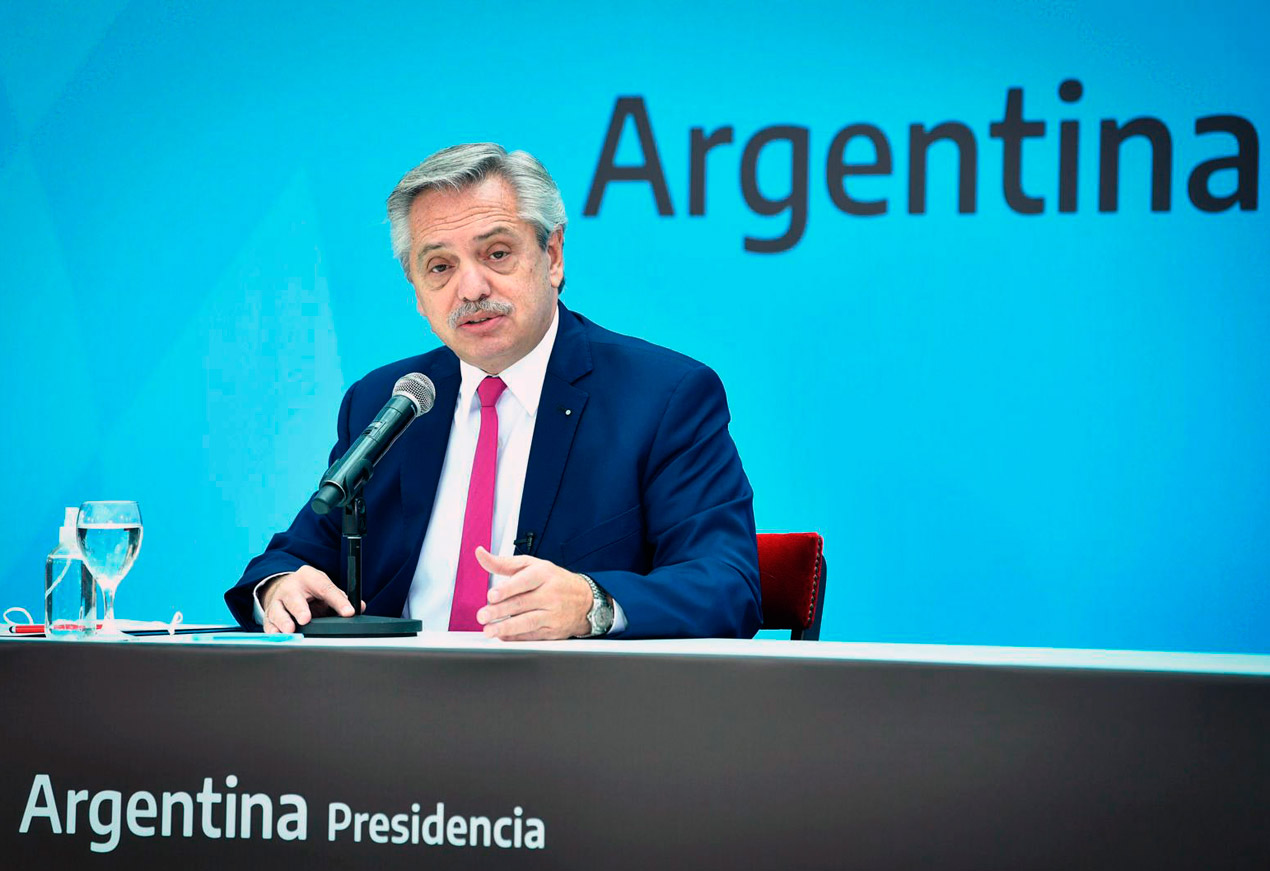The German Abdala Foundation estimates that the Argentine economy is in a severe recessionary phase that has already accumulated five consecutive months of decline.
Inflation continues to rise, and the government is running out of direction.
The program launched by Minister Sergio Massa in August is completely exhausted by reality, having failed to meet the minimum guidelines for stabilization.
Early indicators regarding inflation and economic activity show increasingly severe results.

The latest report from the Institute of Labor and Economics of the German Abdala Foundation suggests that economic activity would have fallen by as much as 1.2% in September, while retail prices jumped by 6.2% and year-on-year inflation reached 83%.
According to the foundation’s indicator, the activity would have fallen for the fifth consecutive month in the seasonally adjusted series, thus accumulating a reversal of 6.21% since last May.
Likewise, the annual variation of the indicator closed in September, with the lowest increase in 19 months.
The “statistical drag” effect, as the economy lost its dynamism and only managed to grow up to 1.2% compared to the same month last year.
Before the exchange rate and inflationary crisis outbreak in July, activity grew at 6.7% annually, but the instability completely aborted the recovery process.
For the preparation of the economic activity NowCast, the foundation takes as a basis the INDEC’s activity index (the EMAE) and the predictors of cement dispatches, the real evolution of commercial loans, the social security tax collection, FIEL’s industrial production index and CAME’s retail sales, among other high-frequency indicators.
Most of the private surveys show a substantial economic slowdown for September.
The consulting firm Orlando Ferreres & Asociados (OJF) warns that activity contracted by at least 0.4% in September, and the Líder index of the Universidad Torcuato Di Tella projects a 0.8% drop for the same month.
The diagnosis coincides with the different sources of the private sector and economists:
The exchange restriction generates intense anemia of foreign currency to face the payment of imports and obligations abroad, at the same time that it discourages the export performance and deteriorates the country’s competitiveness.
With information from Derecha Diario

